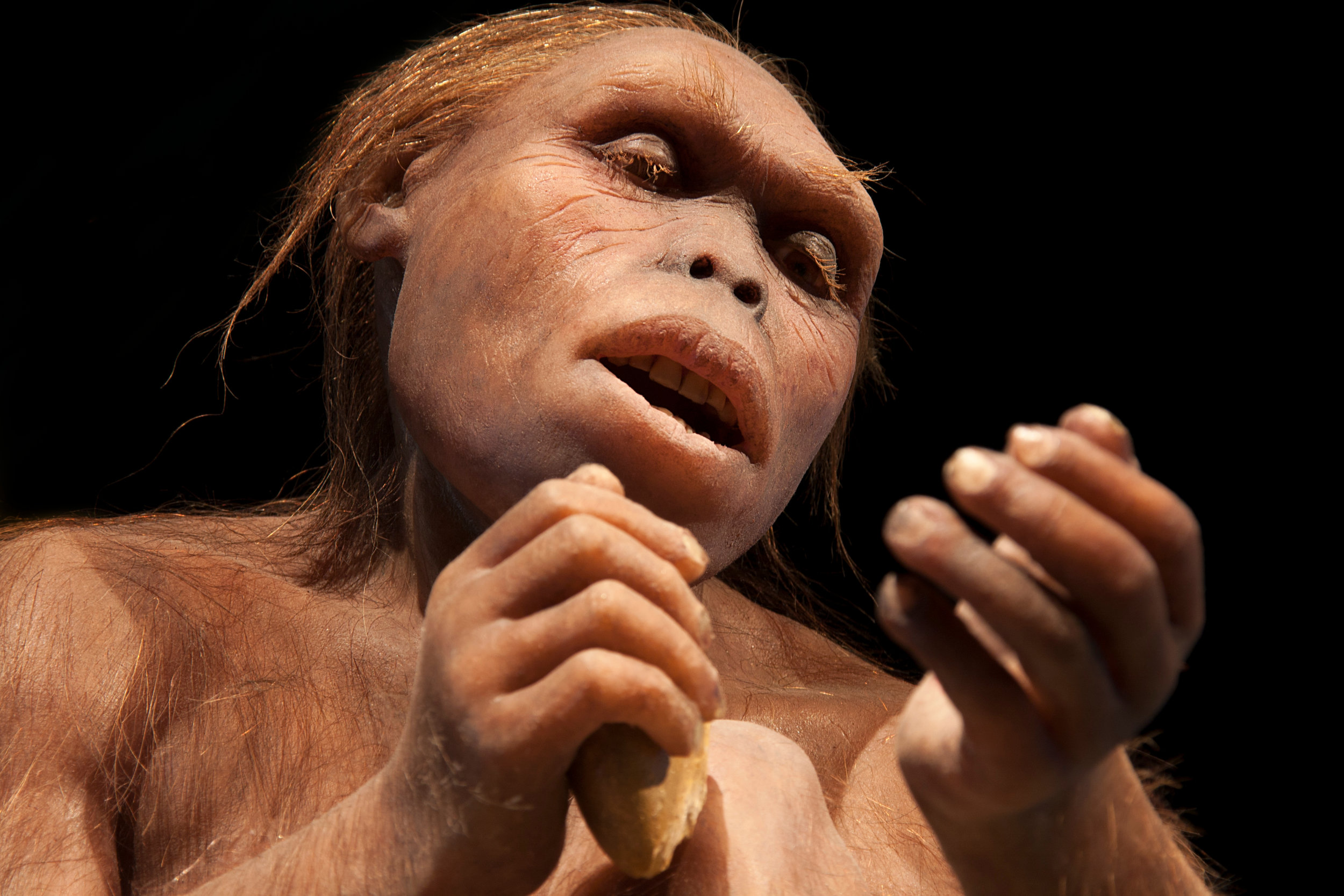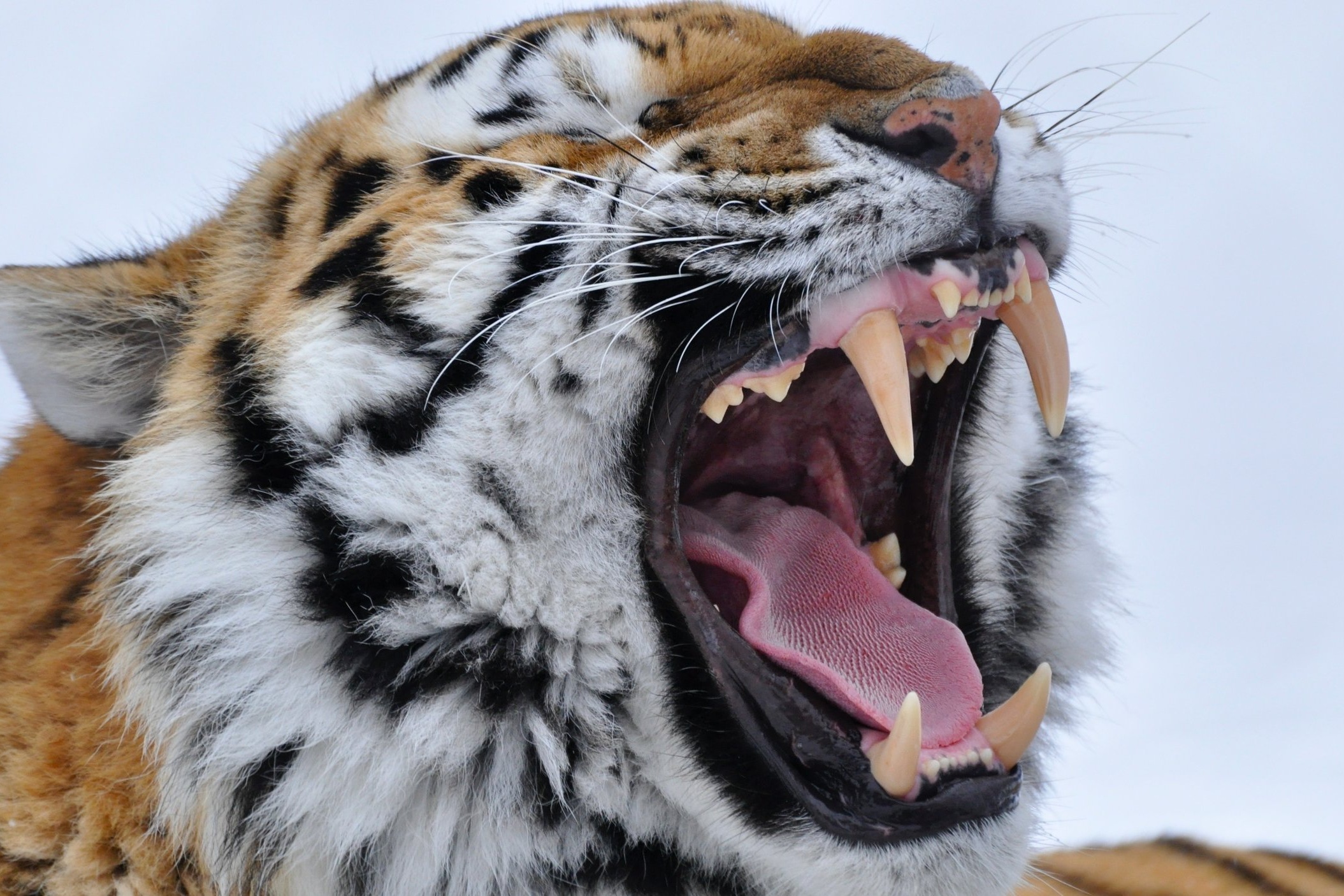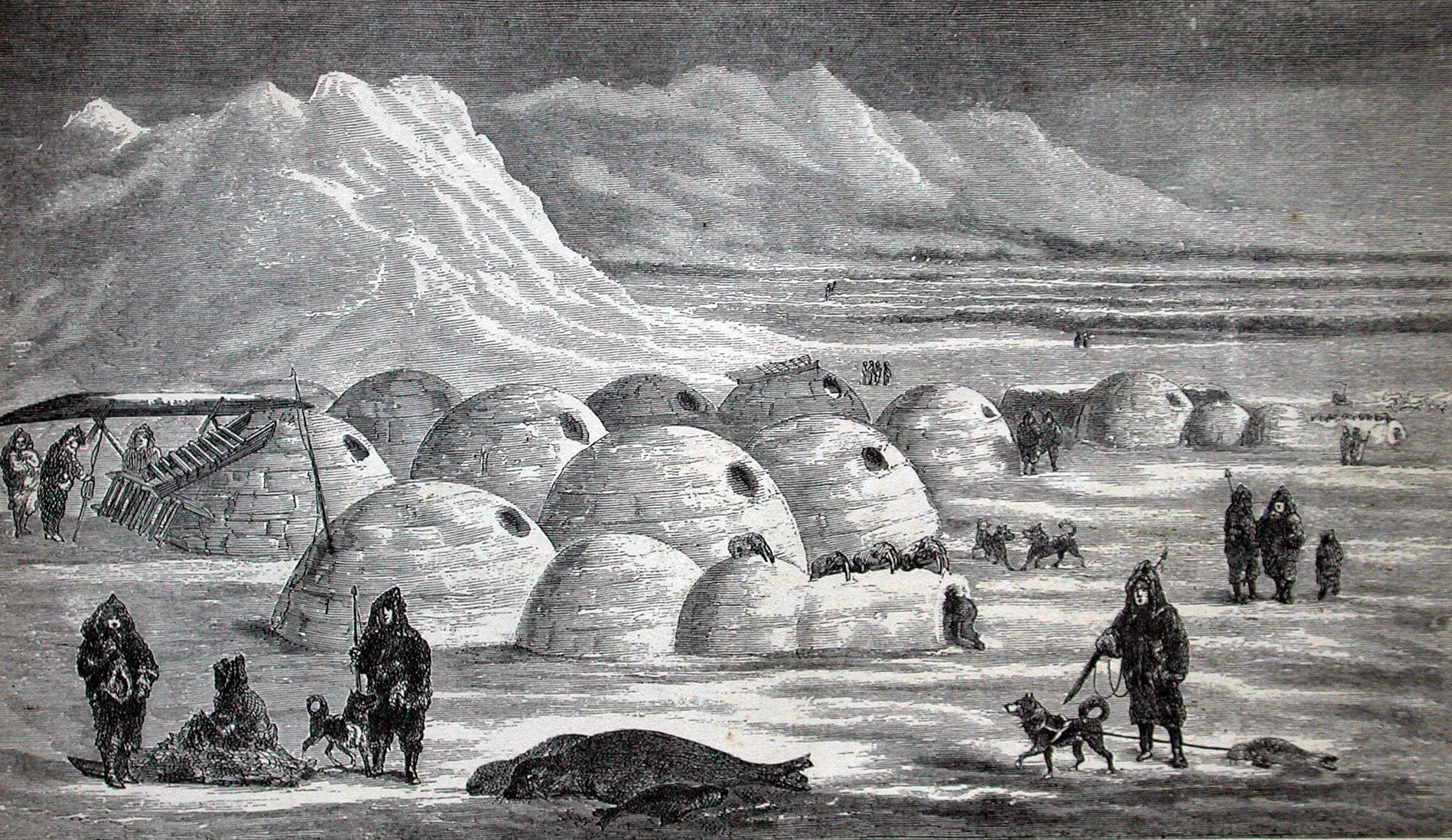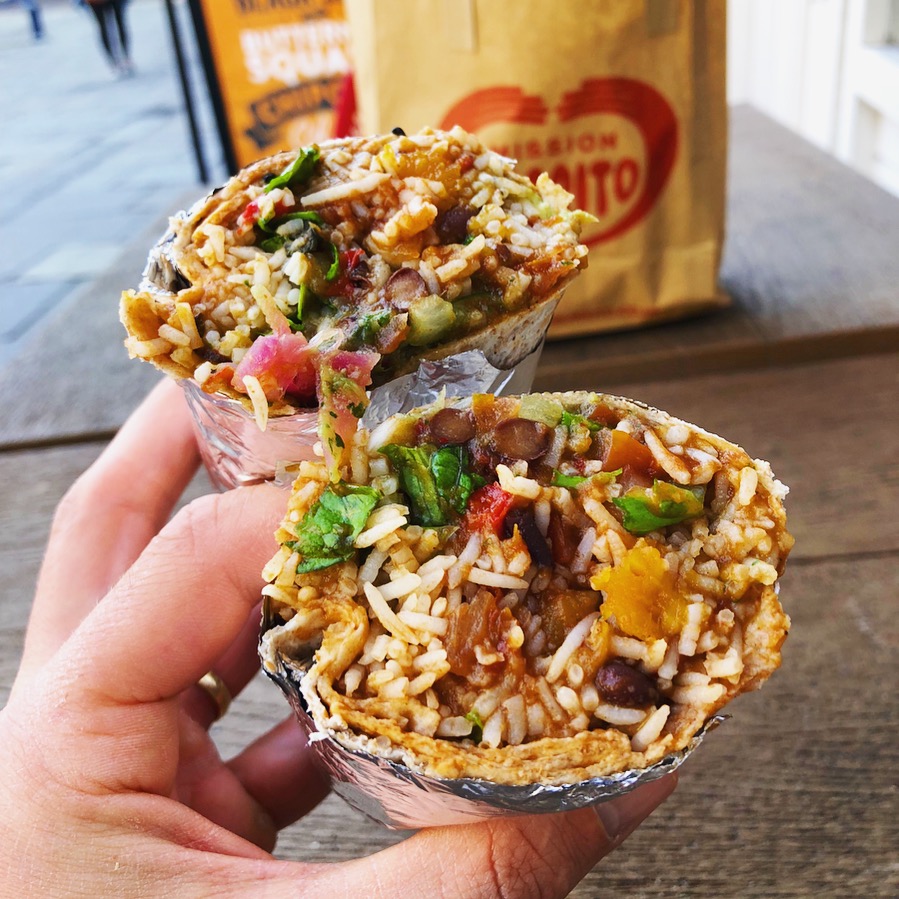We’ve all heard it - people referring to the diet of our ancestors, caveman, as a reason why they don’t think they should try a plant-based diet. The logic goes that we should replicate our ancestors’ diet as closely as possible, because if that’s how we evolved to eat, then it must be the healthiest diet. Lots of businesses are profiting hugely from this theory - just look at books and products sold to support paleo diets - it’s a multi-million dollar industry based on the theory that a diet high in meat is best because that’s supposedly what caveman ate.
There are a number of problems with these theories. For instance, our ancestors from different regions and cultures would have had very different diets. Yes, some would have had diets that relied more heavily on meat, while other populations will have eaten much less meat than many of us assume - only when times were desperate, or even none at all in many instances.
Many refer to the fact that we’ve evolved to have canine teeth, designed for hunting. But human canines are even smaller than a plant-eating gorilla’s canines, and certainly unlike any carnivore’s teeth. Gorillas use their canines for display, to fend off other gorillas fighting for dominance, as well as for cracking into tough tree bark and twigs - this is the most likely explanation as to how humans’ canine teeth evolved.
Another area to look at is the small intestine of humans, which have evolved to be long and coiled, to allow enough time for the nutrients to be absorbed from plants, just like other herbivores. Most omnivores and carnivores have a much shorter small intestine and much stronger stomach acid to enable them to break down meat and digest it quickly.
The Caveman Argument
However, the most compelling evidence is that current science and research clearly shows us that a plant-based diet is the healthiest way to eat - now, in today’s world. Strong evidence shows they offer significantly reduced risk of the most important diseases in the west: heart disease, cancer, type-2 diabetes, and Alzheimer’s dementia (1-3). When you consider this, why does it matter what our ancestors or caveman ate?
The truth is, we live in a very, very different world to our ancestors 10,000+ years ago. Back then, average life expectancy was estimated to be around 30-40 years. Food was scarce and unreliable, and humans would eat whatever they could to survive and pass on their genes to the next generation.
Today, many of us are extremely fortunate to have an abundance of food at our fingertips, and most of us don’t have to worry about finding food tomorrow. In fact, we have a totally different problem - two thirds of people in the UK and USA are overweight or obese. Plant-based diets have been shown to be the most effective for managing and maintaining a healthy weight - even more effective and certainly healthier than ketogenic diets (4).
We also live in a world of nearly 8 billion people. Feeding 8 billion people animal-based foods is incredibly unsustainable, and current farming practises are a major contributor to climate change as well as more localised environmental damage (5). Meanwhile, plant-based diets have the lowest impact in terms of carbon emissions, water use and land use. You might not think climate change has anything to do with your health, but the two issues are in fact closely related. With climate change comes reduced air quality, adverse weather effects causing direct threat as well as resulting food insecurity, and changing patterns of infectious diseases (6). It’s very much a health issue.
Clearly, plant-based diets are the most compassionate towards animals too. So if a plant-based diet, especially one that revolves mostly around whole plant foods, is proven to be the healthiest choice for us in today’s world, as well as being the most sustainable and compassionate, then ask yourself this again - why does it matter what our ancestors ate to survive?
References










































































